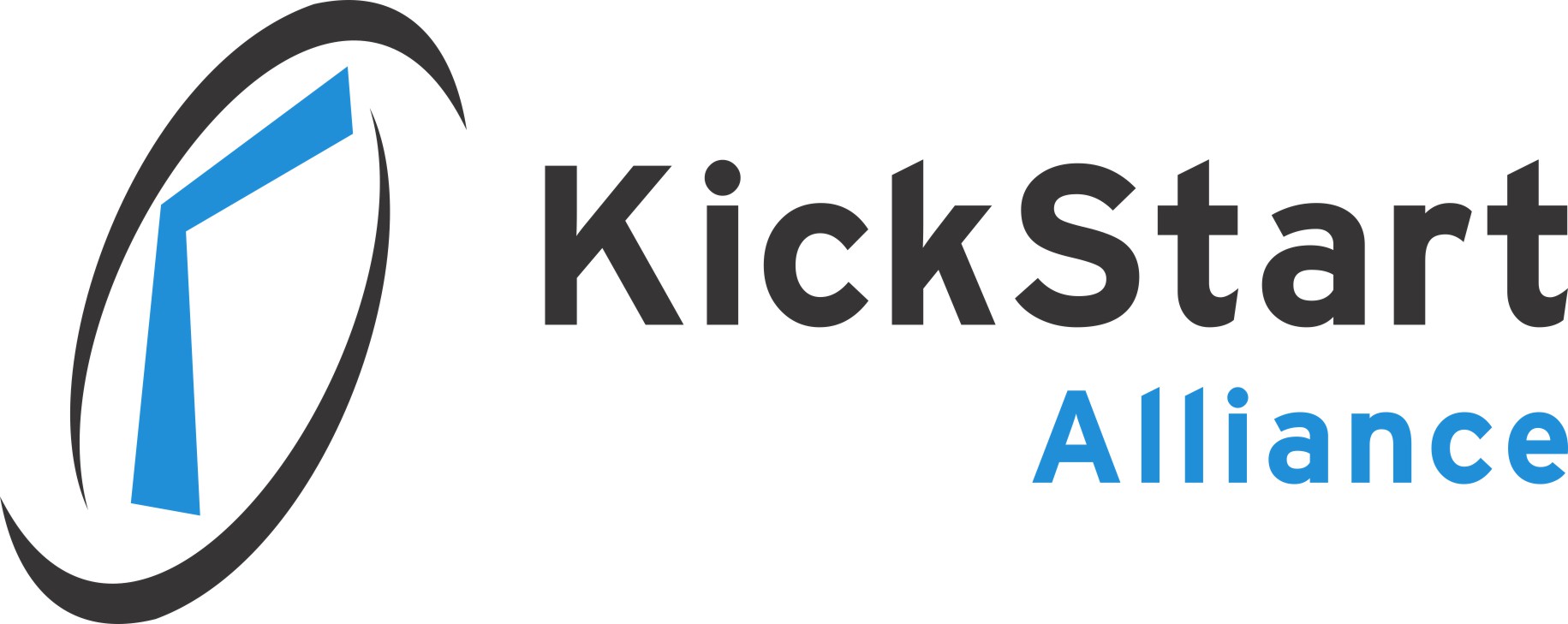A well-designed compensation plan is critical to the success of a company. Five interlocking components ensure success for your sales comp plan.
WHO
The top-line company, division, or brand goals are directly reflected in the sales compensation plan. Quotas, measures, and targets must roll-up to meet or exceed the top line goals. Comp plans are best developed by the senior company, division, or brand executives, with defining input from marketing. Finance provides the final critical review.
Sales compensation plans need to be reviewed and reevaluated annually to ensure they meet the needs of the company, sales leadership, and the sales people. You want a compensation plan that motivates, accelerates, and reinforces. Drive action, not just motion. Power profitability, not just revenue.
KNOW
Mindfully select where OTE (on target earning) ranks among industry leaders. Do you want the sales comp plan to lead, set the bar, and poach sales people from your competitors? Or do you want to be on par, shoulder-to-shoulder, and standing your ground? Or you may choose to structure OTE just below industry average to stay off competitive radar, attract up-and-commers, and compete based on other unique offerings.
Do your homework. Whatever you choose, be thoughtful of the leverage, advantage, and potential downside. Leaders struggle with profitability. On-par can get lost in the noise. Off-the-radar may just end up out of the game.
THE CUSTOMER
Low-performing compensation plans focus on sales process and activities. An effective, high-performance compensation plan links the customer’s buying process to the role of the sales person.
The customer’s buying process is where sales success happens. A winning sales person that makes it easy for a customer to investigate, evaluate, and acquire. Sales process is yourcompany interpretation of time-based steps of a sale from qualification to close. A sale is made when the customer prioritizes and acquires “your stuff”. The customer’s buying process is not one-size-fits-all. There will be many subtle variations based on customer industry, vertical markets, product offering, and offering complexity.
The sales person is “the customer” of the sales compensation plan. Create a plan where 65% – 80% of the sales team consistently meet and beat their targets; the rising tide floats your entire fleet. A comp plan that motivates and inspires sales people is a front-runner.
All compensation plans include measurable elements. Measurable components must reflect the customer’s buying process. When product or service demonstrations are a key gauge, focus sales skill development on how the demo benefits customers to explore options. If proposal delivery is a measure, ensure that proposal content supports customer evaluation. The compensation plan that looks beyond action into customer impact will be a high-performer.
BEST
Best-practices span every element of business from engineering to manufacturing to sales. The effective sales compensation plan reflects both strategic and tactical best-practices of your company, your industry, and your customers.
Strategic elements like sales methodology and customer buying process are systemic. They are the basis of the company lexicon, how sales people talk about prospects and customers. The concepts are universally understood within the organization. This is the language of your sales compensation plan. Terminology is clear in forecasting, account planning and measuring success.
Tactical elements like sales guides and sales playbooks are active best-practice handbooks. They are used every day; they change as major internal and external factors change. The approach and tools are shared and result in elevating the success of all individuals on a team. Measurable elements of a sales compensation plan are clearly outlined in your sales guide and playbook.
WIN
The goal of a high-performing sales compensation plan is to attract, retain, and develop. Yes. Attract, retain, and develop sales people as well as customers
When building a high-performing sales compensation plan,
Whoever knows the customer and sales person best wins!
Janet Gregory is co-founder and principal of KickStart Alliance. In April she addressed students at Portland State University on the important role of sales compensation for motivating sales people. For assistance with sales strategy, sales planning, or sales operations, contact Janet or Karyn Holl. For help in aligning sales & marketing for results, contact any member of the KickStart Alliance team.

